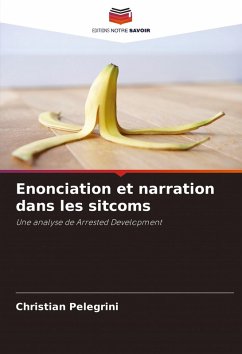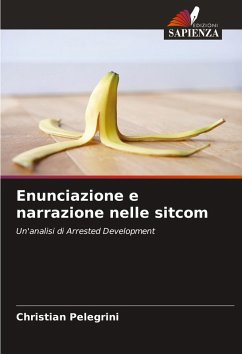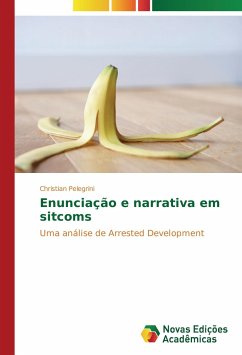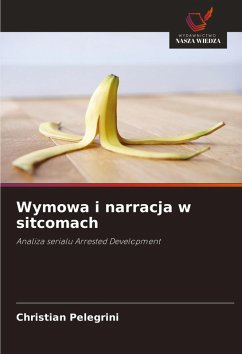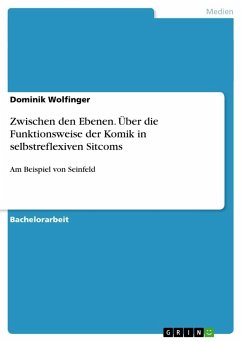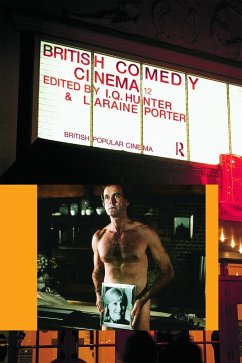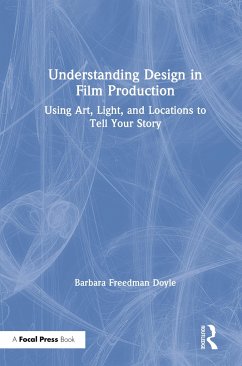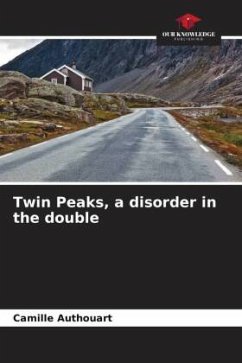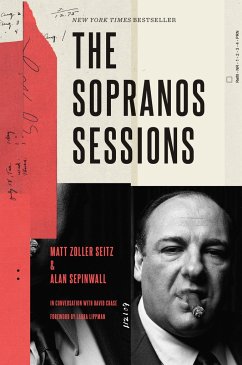
Enunciation and narrative in sitcoms
An analysis of Arrested Development
Versandkostenfrei!
Versandfertig in 6-10 Tagen
49,99 €
inkl. MwSt.

PAYBACK Punkte
25 °P sammeln!
This book analyzes situation comedies (sitcoms), a recurring genre on TV programming schedules since the beginning of the industry. This analysis, carried out in the light of theoretical formulations of audiovisual enunciation, aims to point out the emergence of the subject of enunciation in sitcom narratives. In addition, by comparing programs of the genre made with different production modes (single camera and multi-camera), it also compares the different subjects of enunciation that emerge in the two situations, pointing out the differences in the modes of action of such subjects and how th...
This book analyzes situation comedies (sitcoms), a recurring genre on TV programming schedules since the beginning of the industry. This analysis, carried out in the light of theoretical formulations of audiovisual enunciation, aims to point out the emergence of the subject of enunciation in sitcom narratives. In addition, by comparing programs of the genre made with different production modes (single camera and multi-camera), it also compares the different subjects of enunciation that emerge in the two situations, pointing out the differences in the modes of action of such subjects and how this unfolds in specific aesthetic aspects. By turning to the action of the subject of enunciation in single-camera sitcoms, the research arrives at the central object of this reflection: the first three seasons of the single-camera sitcom Arrested Development (2003-2006). Here, the subject of enunciation transcends the role of mediator between the diegesis and the viewer to interfere incisively in what he narrates, becoming himself a producer of comedy. In this sense, the analysis seeks to explain the mechanisms of action through which the subject produces comicality in the way he enunciates narrative events.






